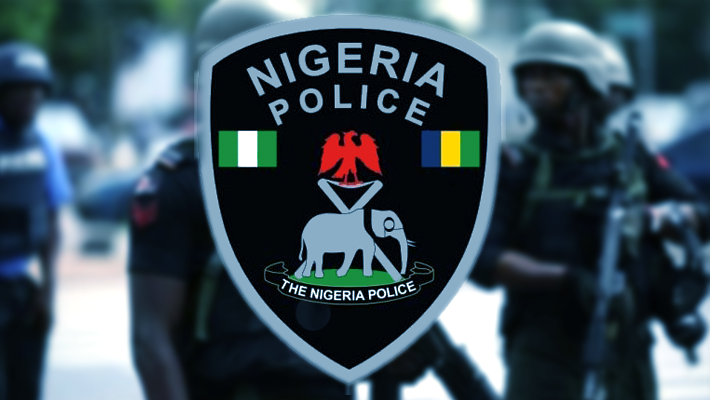Olayomi Koiki

SOKOTO, Nigeria – Police in Nigeria have confirmed the presence of an armed Islamic group called “Lakurawas” in about five local government areas of the northwestern state of Sokoto.
The group, armed with sophisticated weapons, had been operating in Gudu, Tangaza, Binji, Illeila, and one other local government areas, a police spokesman in the state said on Wednesday.
“They have been in those areas for some years now. They are armed with weapons and part of their agenda is to impose their own kind of religious practice on the people,” said Ahmed Rufai, spokesperson for the Sokoto State Command of the Nigeria Police Force.
“They even attack suspected bandits in the area as, according to information available to us, they claim to be working against illegalities.”
The Sokoto State government had earlier expressed concern over the emergence of another criminal group in the state.
“An assessment carried out indicated that the group possessed sophisticated weapons and their criminal activities were observed in about five local government areas in the state,” Deputy Governor, Alhaji Idris Mohammed Gobir said while receiving participants of Course 33 of the National Defence College, Abuja, who were on a study tour in the state.
“The sad development was happening at the time when the state was being faced by banditry.”
“As the threat was expanding, security authorities were working assiduously to address the emerging threat.
“The state government has been working closely with the federal security agencies to address numerous security threats to lives and properties of the people of the state.”
INSECURITY AND VIOLENCE IN NIGERIA
For more than a decade, civilians in Nigeria have faced multiple security threats and risk of atrocities as result of attacks, kidnappings and extortion by various non-state armed groups.
Since the start of 2024 civilians have faced intensified violence across Nigeria, and near-daily attacks by armed groups resulting in kidnappings and other abuses against civilians.
Armed groups and gangs, including so-called “bandits,” have – for many years – perpetrated widespread atrocities, including murder, rape, kidnapping, organized cattle-rustling and plunder. Armed herdsmen are also destroying vast swaths of farmland, prompting many farmers to abandon their land out of fear of attack.
In August, the Director General of the World Trade Organisation (WTO), Ngozi Okonjo-Iweala, said insecurity in Nigeria is weaponised by politicians for political and selfish reasons.
A Nigerian soldier, Suleiman S., also alleged that the government’s practice of paying ransoms to terrorists – dubbed as bandits in the country was hindering the military’s ability to effectively combat them.
He urged the public to redirect their blame from the Nigerian Army to the government, emphasising that soldiers are constrained by orders and cannot take independent action.
The soldier said the military has the capability to eradicate bandits, particularly in hotspots like Zamfara State forest within a week if given the necessary orders.
He expressed frustration that the military’s potential is being wasted due to a lack of direction from leadership, whom he accused of profiting from the ongoing crisis.
Nigerian authorities are not going to arrest Boko Haram terrorists, bandits, and other criminals because they were created for political purposes, human rights activist Omoyele Sowore had alleged in September.
Speaking when he appeared on Voice of The People FM, Sowore alleged that government officials have links with the criminals, using them to gain power and later protecting them.
